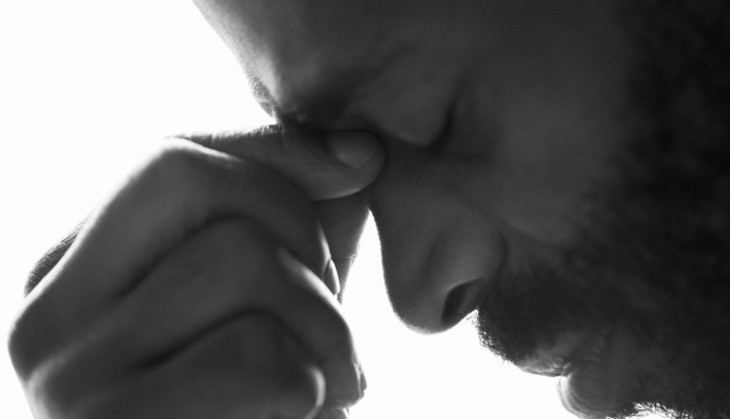Emotions, like c, can be dangerously addictive

Some people are addicted to the occasional hit of the still illegal, but widely accessible shisha, others are addicted to alcohol while even more are addicted to particular relationships and the emotions associated with said relationships and people.
While emotional addiction is seldom talked about, it is something that is as commonplace as alcohol addiction.
Sarah Changalwa, a counselling psychologist and founder of Mentally Serene Hub shares that emotional addiction is similar to drug substance addiction.
The signs
“We say that someone is addicted to drugs when they are so dependent on them that they cannot function properly without them, in total disregard of any consequences no matter how negative.
Emotional addiction is when an individual becomes hooked to feeling a particular way, such that they often bypass logic and act impulsively.
It happens when someone seeks solace in a particular emotion and is unwilling to resolve this. The emotion is often love, but at times can be anger,” Sarah explains.
Ken Munyua, a leading psychologist in the country agrees with this. He says that emotional addiction occurs when someone is used to a particular emotion such that they seek umbrage in it whenever things go wrong.
Over time, the brain changes its neurochemical dispositional and automatically goes to that particular emotion with ease.
He gives examples of certain emotional addictions such as resorting to anger and violence in the heat of the moment.
Just like an addiction, once the anger is spent, someone might feel remorseful, but they will still resort to anger whenever they feel uncertain or threatened.
“Emotions may not be the reality, but are someone’s perception of a situation and are, therefore, that person’s reality even when the emotions are not grounded in facts.
Often times, when someone is addicted to a particular emotion, they lose touch with reality as they ignore everything that discredits their emotions, which they feel are valid and real.
This is why most people look outwards to excuse their emotions and validate the resulting behaviour.
An abusive man who resorts to anger and violence whenever he feels dishonoured by the wife, will automatically blame her and ask her why she would do that and she knows that he does not like it.
Why would she force him to beat her? This is someone addicted to anger and violence.
It would be hard to change him as he is unwilling to see himself as he truly is. Similarly, someone addicted to a relationship stays through the highs and lows as he or she feeds off these emotions,” Ken further elaborates.
He shares several signs that can tell you if you are in an addictive relationship.
When a relationship has intense highs and lows, the partners fight, make-up, rinse, repeat and end up addicted to the cycle.
Just like in a drug substance addiction, the non-dominant partner tends to be consumed by the relationship viewing life through the lens of whether the relationship is in a happy phase or an upheaval phase.
This affects every sphere of their life and they may even quit their job or become unproductive at work when the relationship is not working out.
When a relationship takes most of the mindshare of the concerned parties to an almost obsessive degree, there is definitely an element of addiction.
How to break it
When either of the partners cannot function as a whole in the absence of the other, it is an addictive relationship that is leaning towards toxic co-dependency.
Toxic co-dependency occurs when one of the partners normally a co-dependent partner is wholly reliant on the other normally the dominant partner who is often a narcissist, for all their emotional needs no matter.
The co-dependent partner is unable to leave no matter how hurtful or emotionally turbulent the relationship gets.
The big question then follows; how can someone break an emotional addiction? Is it even possible?
Sarah shares that it is possible to break the cycle of emotional addiction. The first step is to notice that one is emotionally addicted.
She urges for people to take an incisive look at their lives and notice the points in time where there were lapses of reason and pinpoint why this happened.
One needs to understand when they rely on emotion too much rather than the actual facts on the ground.
This means that one should be open to criticism. If several people have pointed out that you are prone to acting out in anger, you probably are addicted to anger but are in denial.
If several of your friends have told you that you are emotionally addicted to your partner and should probably break up to get a better sense of who you are, you should probably look into that.
Ken agrees with this sharing that cultivating self-awareness that is guided by facts and not subjective truths is a necessary prerequisite to kicking emotional addiction.
“Fighting any addiction is not easy. So this will not be. Just be open to heal and to see yourself and your faults and start working towards correcting them and getting newer and healthier emotions in their place.
Walk with a coach or a counselling therapist as they will help pull you to the light when you do not want to,” Ken says in ending.









